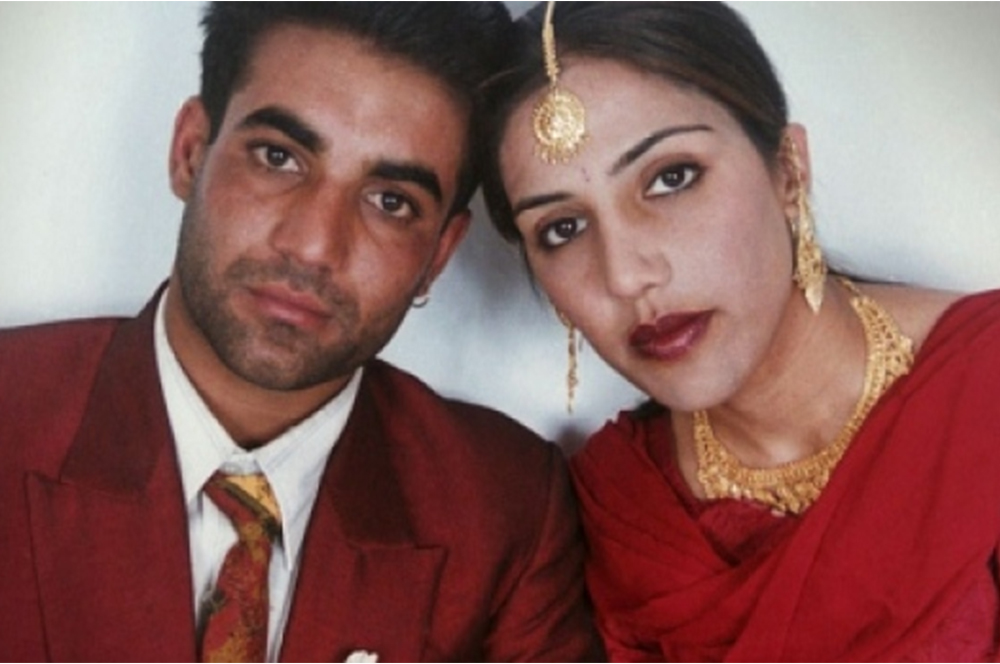A B.C. woman and her brother, accused of masterminding the murder of her 25-year-old daughter, should be extradited to India to face justice, the Supreme Court of Canada has ruled.
India had requested Malkit Sidhu and Surjit Badesha, the mother and uncle, respectively, of Jaswinder (Jassi) Sidhu, be extradited to face trial for a charge of conspiracy to commit murder in the 2000 death.
Jassi Sidhu's body was dumped near a canal after her throat was slashed, allegedly targeted for secretly marrying a man of much lower social status instead of the older man her family had arranged for her to wed in Canada.
Her husband, Sukhwinder (Mithu) Sidhu was badly beaten and left for dead, but he survived.
It is the theory of the Indian government that Jassi was the victim of an "honour killing" arranged by her mother and uncle, the judgment reads.
Honour killings are normally murders committed because of patriarchal concepts of honour and shame. They're considered gender-based crimes, since girls and women are usually the victims.
In a unanimous decision released Friday morning, the high court found that a surrender order by then Justice Minister Peter MacKay was justified.
'Reasonable' decision to surrender
"In this case, it was reasonable for the minister to conclude that, on the basis of the assurances he received from India, there was no substantial risk of torture or mistreatment of B and S that would offend the principles of fundamental justice protected by s. 7 of the charter, and that their surrenders were not otherwise unjust or oppressive," the judgment reads.
A surrender order signed by MacKay was challenged and ultimately struck down by B.C.'s Court of Appeal last year.
Sidhu and Badesha had argued they could face neglect or mistreatment in India's prison system, and said there was no guarantee India would uphold its assurance it would not administer the death penalty.
India has provided assurances the pair would have access to medical treatment and would not be mistreated.
But lawyers for the accused argued before the Supreme Court in March that those assurances were not enough to protect the pair, and that sending them to India would violate their constitutional rights under Sec. 7 of the Charter of Rights and Freedoms, which guarantees the right to life, liberty and security of the person.
Global justice at stake
Government lawyers argued the global system of justice, which relies on extradition treaties, could be undermined if Canada refused to send the pair to face trial in India.
The ruling said the minister considered relevant facts and reached a "defensible conclusion" on the basis of those facts.
"The alleged crime for which India was seeking Mr. Badesha's and Ms. Sidhu's extradition was extremely serious, and in the minister's view, it was important that Canada comply with its treaty obligations to India so that India could see justice done on its territory," the judgment reads.
According to the judgment, 13 people, including Badesha and Sidhu, were charged in India in connection with the killing and attack. Eleven of those were tried together in India. Seven were convicted and four were acquitted of offences, and four of them were later acquitted on appeal.
Badesha and Sidhu are the only accused persons who have not yet faced trial.

